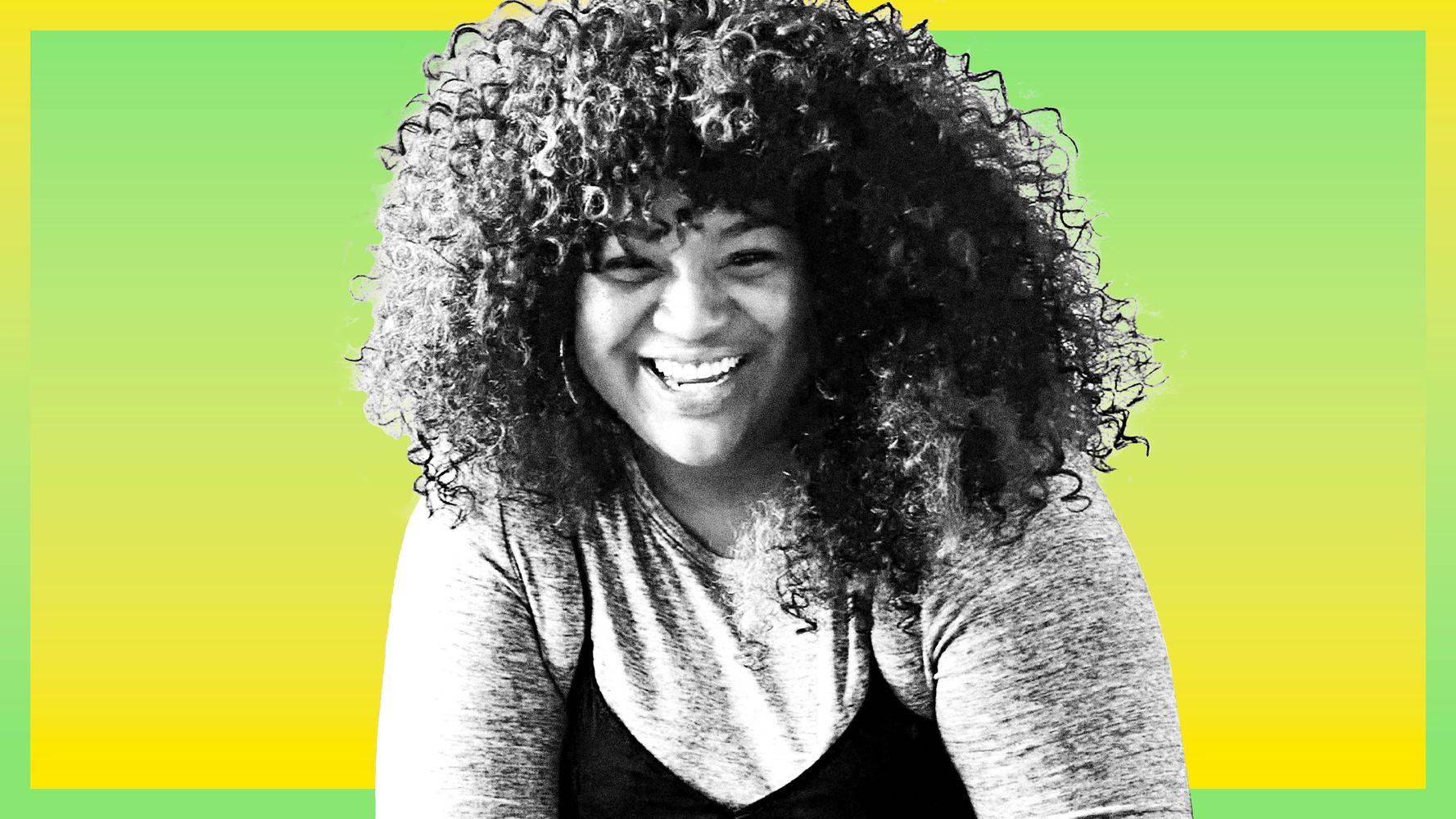[ad_1]

This Voices in Food story, as told to K. Astre, is from Dr. Carrie Kholi-Murchison. She’s an entrepreneur and growth strategist who leads all of the diversity, equity and inclusion initiatives as the director of people and culture at Whole30, the popular elimination diet program. As someone who grew up eating from her grandfather’s garden and witnessed her mom and grandmother feed entire neighborhoods throughout her life, she understands that the conversation around food justice is just as much about building an equitable future for historically marginalized communities as it is about tapping into self and communal actualization.
On the history of food justice efforts within the Black community
When we talk about the term “food justice,” I think there are lots of ways that people exclusively associate it with poverty and humans that have been forced to live in poverty, even though we have found ways to thrive. Black people have a long history of feeding each other, finding creative ways to nourish each other, using whatever privileges we have to move resources around and redistribute information to get more folks aware of our agency. Because of the multiple communities I live in and where I stand within the spectrum of those communities, I have seen white folks with power and money who are only looking at the work that needs to be done, in comparison to the Black and Indigenous folks who are actually doing the work. Not in a fancy, social justice way, but because they have been caring for their community for a very long time.
On understanding structural inequities when it comes to food justice
Society at large has capitalized on the human desire for convenience and this fast pace has really pushed us into letting other folks care for us and feed us. In many ways, Black people haven’t received the same kinds of information as other communities. If you look at the ways we are advertised to, marketed to and told what we can and cannot eat — those are justice issues as well. The way I try to think of it, and the way I try to get folks at Whole30 to look at it, is that it’s not only an issue of access but also awareness. I don’t mean awareness in the sense that some of us are uneducated, but because of the systems around us, many of us live very different lives and sometimes the information simply does not reach us.
However, there are so many narratives that need to be fixed about Black food culture and our traditions. Yes, we have had to make do, but our food has not always been unhealthy. There are some habits that have been long-lasting because that’s what we have had access to as these are the brands that have catered to us.
On the shortcomings of language to address systemic injustice
As much as I love language, I feel there are too many ways we use it to erase the real meaning behind things. In my work, I frequently use the term “historically and socially marginalized,” but I use it in order to be able to make sure people are not using the term “minority” to address the fact that Black and brown people have been moved into these inequitable spaces by design. The ways I want people to understand historical marginalization is due to the habits that all of our privileges allow that have then pushed folks further and further away from the resources they need to live. Because I work with organizations that are white-run who are serving communities who are usually referred to as “underserved,” that’s a term that often comes up. I think that although we use those terms, we need to understand that they are really just euphemisms. It’s true that there are people who have been historically marginalized and underserved, but it leaves so much out and ignores the conversation of racial injustice if we fail to explain why or understand how these inequities came to be.
On advocating for food justice in your own life
I am always thinking high-level and visionary, but on a day-to-day level, we should always be thinking about how we can better care for and feed folks. The first step to beginning to think about food justice is on a micro level. Until we figure out for ourselves that we have choice around what we put in our bodies, trying to fix that on a macro scale will be difficult.
For instance, let’s say that between your house and school or work, there is only fast food. Your schedule may dictate the food that you put into your body until you begin to separate yourself from your habits and look at food as not just something you’re eating but something that nourishes you. It’s how you care for your body. It affects not only your physical health but your mental health.
Asking questions like, “Are there foods that can make me feel better?” and then really digging into why some people don’t have access to that food. Then you start figuring out who you need to start talking to. You can think about whether your community needs a garden. But that’s just an example. Not everyone wants to be in the dirt, growing food, but I encourage that curiosity and then leaning into where it takes you around your own food habits.
On understanding your role in the fight for food justice
There’s a big difference between charity or philanthropy and real justice that comes from eliminating the barriers to create an equitable future. The energy is different, the aim is different and the actions are different. It’s important for white folks to learn how to pour their resources into people that are already doing that work, as opposed to trying to come into it and taking over. When you give your money over to someone else, you are saying, “I trust you to solve this issue.”
I see food justice the same as I see the need for other justice. It’s going to take a lot of us really digging in and focusing. I want to be fully actualized and I want to see other folks fully actualized. I want people to be free. I want them to be in control of themselves. But everyone doesn’t necessarily want to be able to grow their own food or be on a homestead. That means figuring out what your role is in your process of wellness.
For me, growing food, figuring out ways to help people build a better relationship with food and helping to educate more people around food is important. I was intentional about working in this larger food industry because it gives me more connections to even more companies that have resources who may not be thinking about the communities they could be serving.
[ad_2]
Source link

